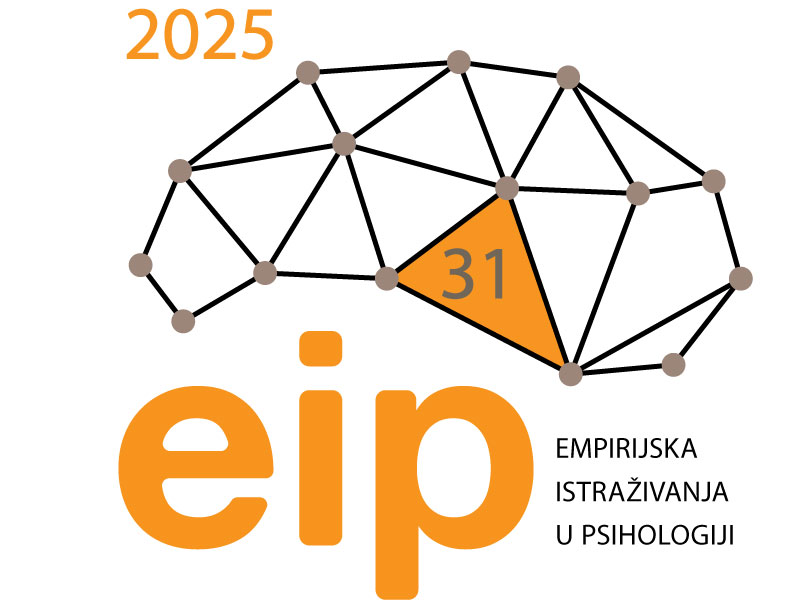Development of assessment scales for the OECD’s Study on Social and Emotional Skills
The Study on Social and Emotional Skills (SSES) is a new large-scale international research project launched by the OECD and conducted in 2019 in ten cities worldwide. The overall purpose of the SSES is to assist participating cities in understanding the importance of these skills better and improving policy measures for the development of their students’ social and emotional skills.
The study assessed fifteen social and emotional skills of 10- and 15-year-old students and included a large scope of other personal and contextual variables. Selected skills are assessed using a triangulation approach in which individual students’ skills were evaluated through information provided by themselves (self-reports) and through reports from their parents and teachers (other-reports). This means that the SSES involved the development of 15 scales for three respondent groups (students, teachers, and parents), two cohorts of students, and 11 languages spoken in ten participating cities.
In light of the study’s complexity, a comprehensive and elaborate instrument development process was organized and conducted, including several quantitative and qualitative empirical testing rounds. It involved more than 50 thousand respondents worldwide and represented one of the most extensive instrument development processes undertaken in this area.
In this paper, we outline all phases of the process of development of SSES assessment scales. We first describe initial item pool generation. Cognitive interviews used for examination of clarity and appropriateness of selected items for younger students are then described. This is followed by the presentation of the two initial quantitative studies of the parent- and student-reports used for the initial quantitative evaluation of items and scales’ psychometric characteristics. The final pilot study is then described, and its findings are presented in detail. The complete forms of the instruments are then presented and their psychometric characteristics outlined. The paper ends with an outline of the lessons learned and potential avenues for future research.
Keywords: social and emotional skills, skill assessment, OECD, large scale international study, triangulation, self-reports, other
 |
Name: Miloš Kankaraš
Affiliation: Expert in CEDEFOP, European Centre for the Development of Vocational Training Expertise: psychological assessment, survey research methods, skill development, policy analysis, social and emotional skills Short bio: „Miloš is an expert in CEDEFOP, the European Union research center, in charge of project management, analysis, and policy advice. Before joining CEDEFOP, he worked as a project manager and analyst in the OECD, a policy researcher in Eurofound (an EU research institute), and a researcher and lecturer at the Faculty of Social Sciences, Tilburg University (Netherlands). He has published numerous academic papers, book chapters, policy reports, and working papers. Miloš has degrees in Psychology, Educational Psychology and International Social Policy, and a PhD in Cross-Cultural Research.“ |
